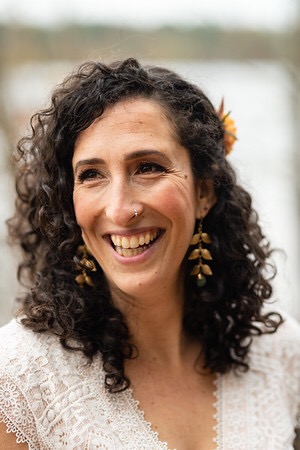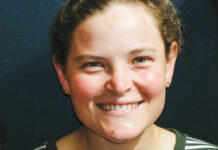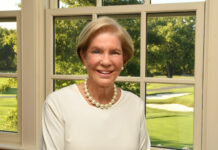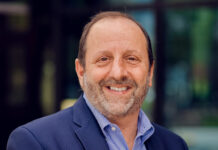
There were times, when Rachel Kutler was in social work school, that her clinical work left her frustrated. She remembers calling around looking for a shelter for housing-insecure clients only to hear that none had any available beds.
She decided she wanted to approach problems like homelessness from a systems perspective, rather than an individual one.
That philosophy motivates much of her work. Last month, Kutler, 33, started a new job as a Baltimore community organizer for Jews United For Justice.
Kutler grew up in Columbia. She attended Krieger Schechter Day School and The Park School and belonged to Beth Shalom Congregation. She went to the College of Charleston for her undergrad, where she studied English and African studies, and attended the University of Maryland, Baltimore, for her master’s in social work.
After graduating, she worked for several years as a leadership organizer for the United Workers Association and as a community school coordinator.
She lives in Baltimore’s Arcadia neighborhood with her husband Luke and their dog Delilah.
Why did you decide to study English and African studies?
I studied English with a concentration in creative writing. I really enjoyed creative writing. [I minored in] African studies because I thought I was interested in international development. I shifted away from that after I studied abroad and realized that the international development world can be really fraught and that wasn’t the right choice for me. I was working in a homeless shelter at that point and knew I wanted to get a master’s in social work.
What do you mean by fraught?
I guess I felt like a lot of international development organizations were rooted in American imperialism. I wasn’t interested in being a part of that type of international development framework. I grew up in and out of Baltimore, and was interested in working in my [hometown].
What does your day-to-day job look like at Jews United For Justice?
It’s so new. Right now, I’m just getting to know the leaders of the organization, getting more involved in the coalition work, learning about the work of our partners, doing a lot of relational one-on-one meetings to get to know leaders and partners and getting my feet under me. We’re also focused on setting up constituent meetings with JUFJ leaders and City Council members.
What excites you about doing more political work?
When I was in social work school, I had started off with a clinical focus, which means therapy work, and that was the kind of social worker I thought I wanted to be. I was working as a case manager — this was in social work school in my field placement — and at that point my analysis was very service oriented. “I’m here to help people” is probably something I would have said at the time. I became very frustrated at what I understood were the failures in our system to meet people’s basic needs. With the support of some mentors, I shifted my analysis from the individual to structural. I became interested in thinking about and working on our political process and how we need to reshape our political and economic systems so that we have a system that prioritizes people and not profits.
What are you involved with outside of JUFJ?
I’m really involved with a group called Housing Our Neighbors. It was a group that I founded with a number of other leaders who are homeless, formerly homeless, as well as allies and advocates, … fighting for the right of housing in Baltimore City.







